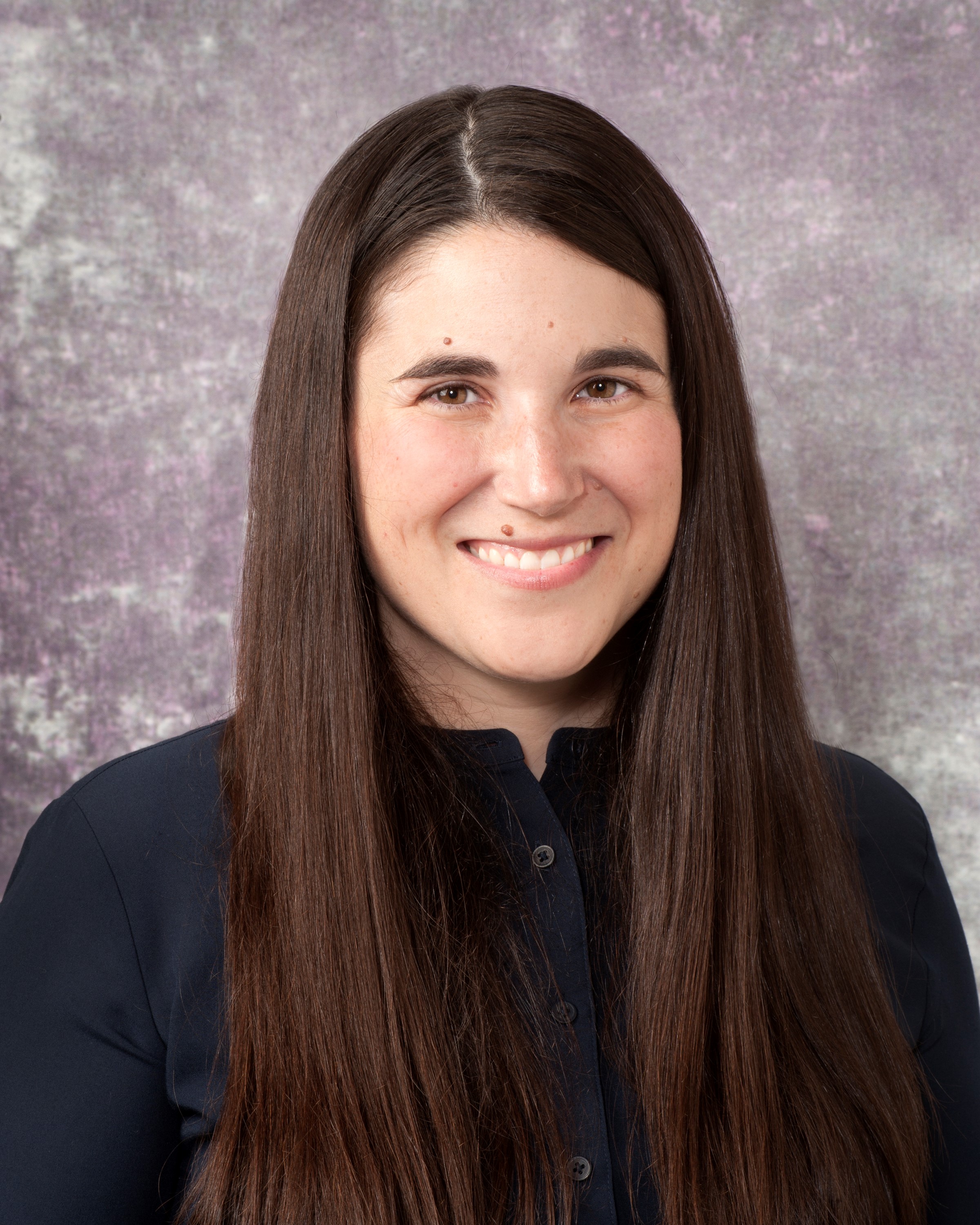MERGING
MEDICINE
Alumna Jessica Merlin combines her interests in HIV treatment, chronic pain and addiction medicine as a researcher, clinician and educator
by Emily Payne

As an undergraduate, Jessica Merlin had no doubts that she wanted to go to medical school. She even remembers buying a college-level biology textbook back in ninth grade to learn more about the science behind the medicine that interested her.
But when Merlin started medical school at the University of Pennsylvania, she found herself torn in many directions. Merlin was broadly interested in the internal medicine field but didn’t know how to narrow that interest to a specific area or population.
That is until 2004 when she traveled to Botswana as part of the Botswana-UPenn Partnership, a collaboration between the government of Botswana’s Ministry of Health, the University of Botswana and the University of Pennsylvania to improve health care, research and clinical care surrounding the treatment of HIV/AIDS and its complications.
Her work in Botswana helped Merlin realize that she wanted her career to be at the intersection of developing HIV treatment and providing care for people who were in pain and who were sick.
A fellowship in palliative care at Mount Sinai Hospital in New York further solidified her career aspirations. During this time, Merlin participated in a mentoring program with an infectious disease hospital in Vietnam to help bridge the gap between HIV care and palliative care.
In 2011, Merlin joined the University of Alabama, Birmingham (UAB) as an assistant professor in the department of medicine and as director of the HIV Pain/Palliative Care Clinic at UAB’s 1917 Clinic. Once there, she learned that many patients with HIV also experienced chronic pain and were relying on opioids.
She found herself at the beginning stages of recognizing the dangerous effects of long-term opioid use. “This was in 2011, just as people were starting to realize that opioids were not appropriate for chronic pain,” Merlin recalled.
At UAB, Merlin built a research program focused on behavioral therapy for chronic pain in people living with HIV, and later expanded the scope to chronic pain in primary care patients and opioid misuse and addiction.
As her interests in opioid addiction and pain treatment grew, she started looking for institutions that had a similar focus on the intersections of these areas of medicine. In 2017, Merlin left UAB to join the Department of Medicine at the University of Pittsburgh.
Here, Merlin’s research still focuses on chronic pain in people living with HIV, and she leads the University of Pittsburgh Medical Center’s pain clinic at the Pittsburgh AIDS Center for Treatment (PACT). She also obtained her board certification in addiction medicine and helped start an addiction medicine program at PACT.
In addition to her clinical and research interests, teaching has been an important part of Merlin’s career, a seed that started at Carnegie Mellon. Merlin was one of the first Supplemental Instruction (SI) leaders. SI leaders are mentors and tutors who facilitate discussion and review sessions for difficult classes at which they excelled.
“That’s where I learned I loved to teach,” Merlin said. “A big component of my career has always been teaching medical students, residents and fellows.”